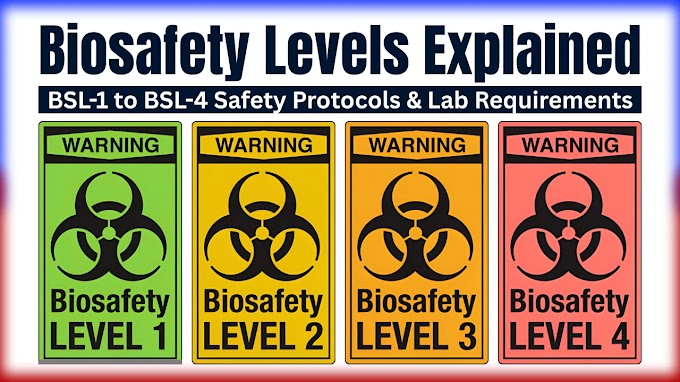Introduction
As the world continues to battle the ongoing COVID-19 pandemic, a new variant known as Omicron has emerged, causing concern and uncertainty. In this blog, we will delve into the details of this mutated species of coronavirus and explore the potential dangers associated with the Omicron variant.
The Nature of Mutation
The coronavirus has been a subject of intense study, and it is widely known that it constantly mutates into new variants. The Omicron variant is the latest addition to this ever-evolving family of viruses. But how does this mutation occur?
When an existing virus exchanges genetic material with wild flu viruses found in animals like pigs or poultry, a process called antigenic shift takes place. This exchange leads to a significant mutation in the virus, making it stronger and more unpredictable. The immune systems of animals are ill-equipped to detect and fight these new and unique variants, allowing the mutated virus to thrive and cause symptoms such as fever, inflamed eyes, and runny noses.
The Emergence of Omicron
In the case of the Omicron variant, it is believed that a similar chain of events occurred. The variant was first reported to the World Health Organization (WHO) by South Africa on November 24, 2021. Since then, there has been a rapid increase in the number of COVID-19 cases in various provinces of South Africa.
Due to the concerning rise in cases, WHO designated Omicron as a variant of concern on November 26, 2021. However, it is important to note that there is still limited information available regarding the severity and transmissibility of this variant.
Potential Threats of Omicron
While concrete evidence is yet to emerge, preliminary studies have raised some potential concerns regarding the Omicron variant. It is unclear whether Omicron is more transmissible than other variants, including the dominant Delta variant.
Scientists in South Africa and around the world are actively conducting studies to gain a better understanding of Omicron. They will continue to share their findings as more information becomes available. Until then, it is crucial to avoid spreading unverified information that could lead to unnecessary panic.
The Importance of Vigilance
It is important to remember that all variants of COVID-19, including the Delta variant, can cause severe illness or even be fatal, especially for vulnerable populations. While the information on Omicron is limited, preliminary evidence suggests an increased risk of reinfection for those who have previously had COVID-19 compared to other variants.
In light of these uncertainties, it is our duty and responsibility to continue practicing preventive measures such as wearing masks, maintaining social distance, and regularly using sanitizers. These precautions remain crucial in our collective efforts to curb the spread of the virus.
The Role of Vaccines
Fortunately, there is some good news. According to the WHO, the current set of vaccines appears to provide some level of protection against the Omicron variant as well. Getting vaccinated remains the best option to combat this new virus and restore normalcy to our lives.
Trivia: Naming the Variants
Did you know that the WHO adopted the practice of naming variants after Greek letters to avoid confusion and stigma? The Omicron variant gets its name from the 15th letter of the Greek alphabet.
Conclusion
While the Omicron variant has raised concerns worldwide, it is important to approach the situation with caution and rely on verified information. As scientists continue to study this new variant, we must prioritize preventive measures and vaccinations to protect ourselves and our communities. By staying informed and taking collective action, we can navigate through this challenging time and eventually overcome the threat posed by the Omicron variant.







